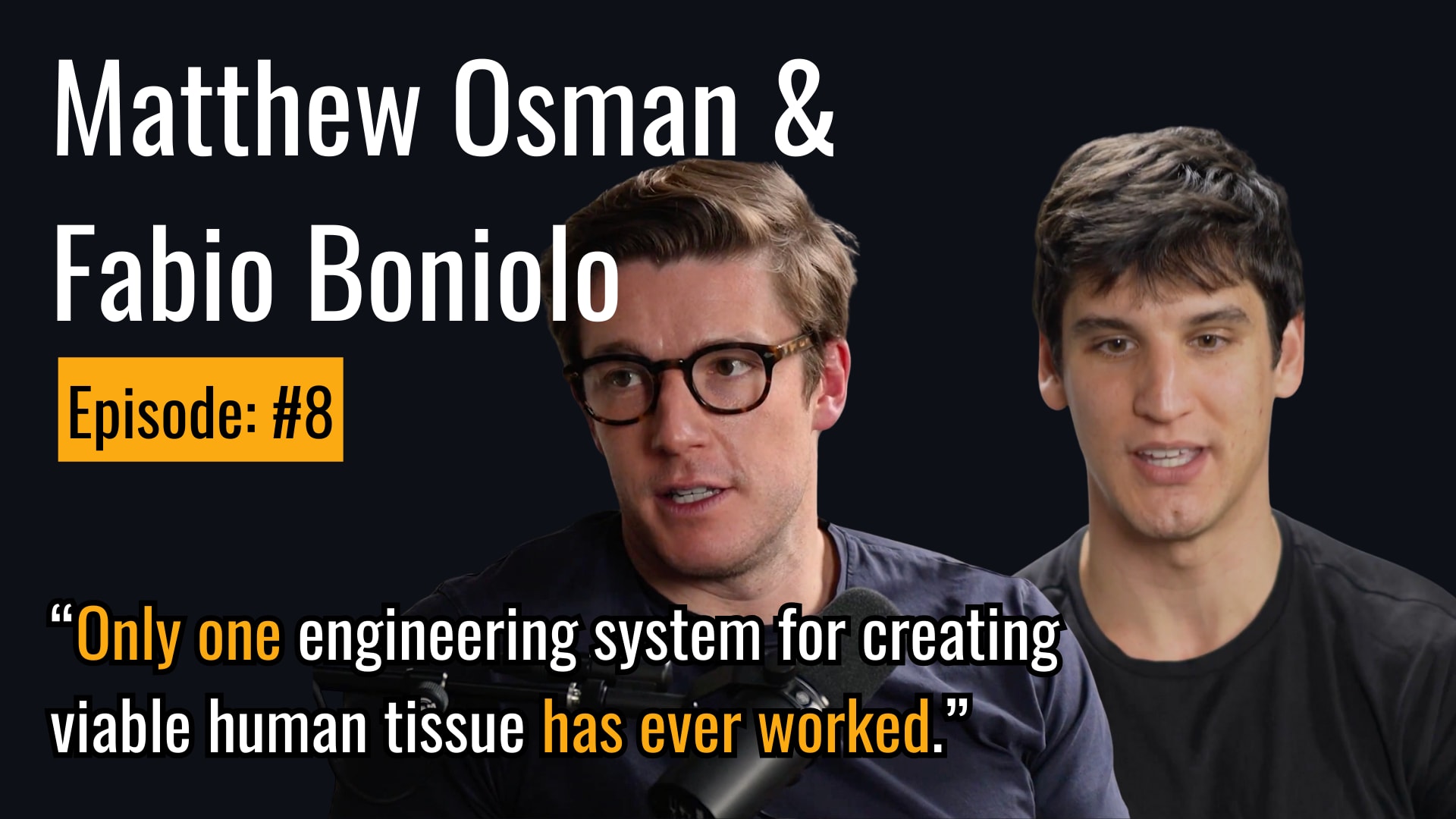Endometriosis is an incredibly interesting disease
Introduction There are several diseases that are canonically recognized as ‘interesting’, even by laymen. Whether that is in their mechanism of action, their impact on the patient, or something else entirely. It’s hard to tell exactly what makes a medical condition interesting, it’s a you-know-it-when-you-see-it sort of thing. One such example is measles. Measles is an unremarkable disease based solely on its clinical progression: fever, malaise, coughing, and a relatively low death rate of 0.2%~. What is astonishing about the disease is its capacity to infect cells of the adaptive immune system (memory B‑ and T-cells). This means that if you do end up surviving measles, you are left with an immune system not dissimilar to one of a just-born infant, entirely naive to polio, diphtheria, pertussis, and every single other infection you received protection against either via vaccines or natural infection. It can take up to 3 years for one's ‘immune memory’ to return, prior to which you are entirely immunocompromised. There’s a wide range of such diseases, each one their own unique horror. Others include rabies (trans-synaptic transmission), ebola (causes your blood vessels to become porous), tetanus (causes muscle contractions so strong that they can break bones), and so on. Very few people would instinctively pigeonhole endometriosis as something similarly physiologically interesting, or at least I wouldn’t have. But via a mutual friend, I recently had a chat with Shilpa Pothapragada, a Schmidt Fellow studying at the Wyss Institute at Harvard. She studies better ways to diagnose endometriosis, and, as a result of the fascinating conversation, I now consider the disease one of the strangest conditions I’ve ever heard of. Honestly, prior to my discussion with Shilpa, I didn’t even know what endometriosis even was, only that it was painful to have and affects women. To judge whether I was simply deeply ignorant, or the disease genuinely didn’t have much mindshare, I t









